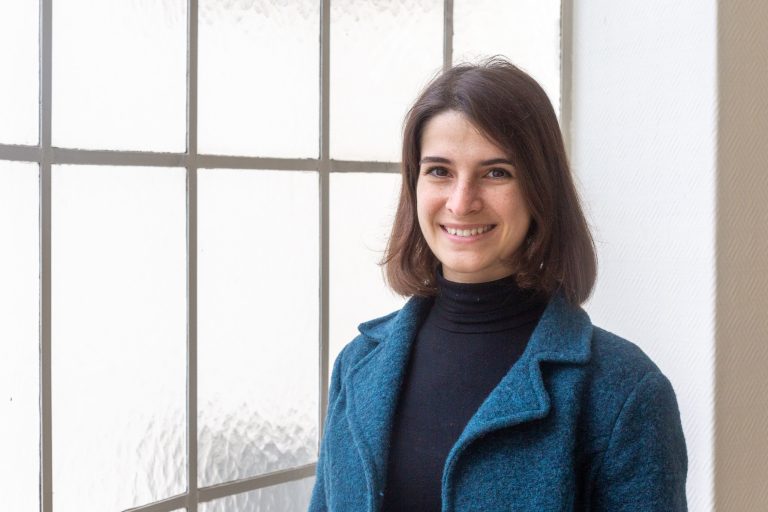Dr. Sofia Baroncini

“Digitality of historical research” is a transversal field of work at the IEG. Here, the use of digital tools and methods is trialled at the IEG in explorative and collaborative forms of work and the development of a digital hermeneutics is promoted through the integration of IT methods with basic historical principles. At the same time, the research group also has an impact on the work of the goups of “Society” and “Religion” in order to support source criticism, heuristics and analyses with digital tools and processes. The Europa forum addresses the digital transformation and the associated limitations and delimitations as a fundamental question of historical European research. A variety of formats, such as informal events, open consultation hours and individual counselling sessions, serve the exchange and further training on digital processes and tools within the IEG.